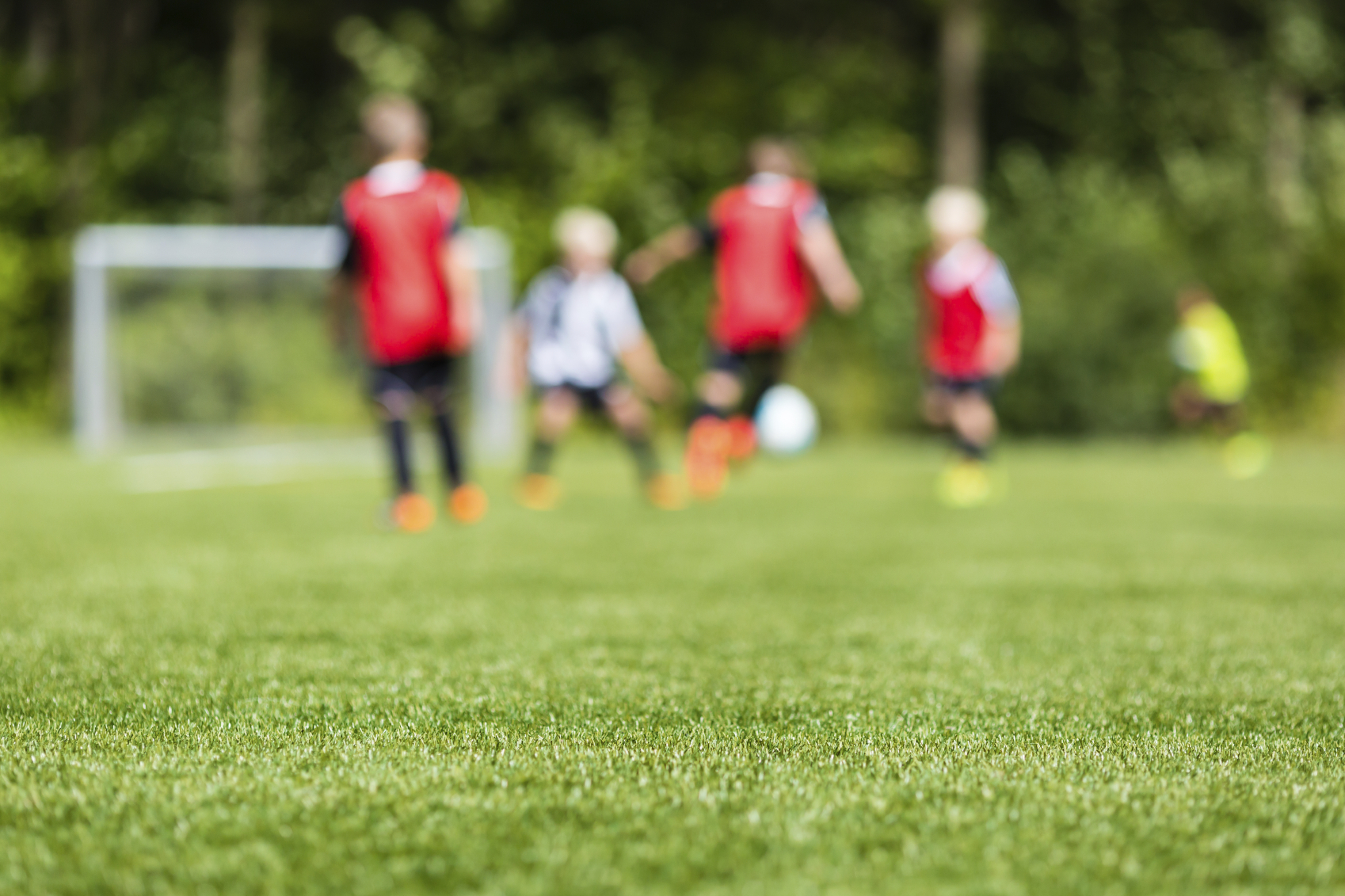
EUROPE is to consider banning a substance used on thousands of artificial football pitches across Scotland amid cancer fears.
The European Chemicals Agency (ECHA) is considering outlawing rubber crumb, which has a high level of carcinogens.
The substance is used to give artificial grass a more realistic “bounce” when a ball lands on it.
The move has been proposed by Dutch boffins after a number of studies questioned the safety of rubber crumb, which is shredded old car tyres.
The Sunday Post was the first publication outside the US to highlight concerns over the black granules.
There have been concerns the rubber crumb has led to cancer clusters among young footballers – especially goalkeepers as they dive more often on to the surface and stoop or kneel to collect the ball.
The fears come from the fact the substance contains a number of toxic chemicals such as polycyclic aromatic hydrocarbons, mercury, lead and arsenic in higher concentrations than other substances.
Campaigners had previously called for a reduction in the concentration of these substances to bring it into line with what’s found in children’s toys.
But the move has been opposed by the industry who said it wasn’t needed and would be costly to implement.
Now Dutch scientists have backed the campaigners.
They’ve lodged a proposal with the ECHA, which if accepted, will be rolled out across all of Europe from April 2018.
Former NHS boss Nigel Maguire believes his teenage son Lewis’s cancer was caused by the rubber crumb he played on as a goalkeeper.
Nigel, a former chief executive of NHS Cumbria, has welcomed the potential ban, but he said he is angry it is Dutch scientists proposing the law change and not Brits.
He said: “For the last 18 months I have been writing about the potential dangers of rubber crumb.
“Despite this I have been ignored by everyone, including the British government.
“Dutch scientists have the same access to information and scientific databases as British scientists so why aren’t we drawing the same conclusions?
“It has been dismissed as a scare story in the UK but would you let your kids play on substances known to cause cancer? At the very least it should be brought to the same levels as found in toys.”
Scottish experts have also backed the move.
Professor Andrew Watterson, an environmental health expert from the University of Stirling, said: “If the proposal is accepted, this will present a test for the crumb rubber industry which has resisted calls for the lower toy chemical exposures to apply to their products. They view the step as unnecessary.
“As we learn more about pre-natal and post-natal exposures over decades to many chemicals in many products and try to assess their cumulative health impacts, caution could be a smart move.
“It would therefore seem to make good sense to adopt the precautionary public health policy now being advocated by the Dutch.”
A spokesman for the ECHA said: “The Netherlands has notified its intention to prepare the restriction proposal on PAHs in granules used as infill material in synthetic turf.
“The ECHA will support the Netherlands in its work.
“Additional information on concerns regarding PAHs and other substances in the infill material will be collected during the process and actions will be formulated and/or recommended as appropriate.”
A spokesman for the rubber crumb industry body the Sports and Play Construction Association said: “We are developing a voluntary industry standard that will provide minimum requirements that go above and beyond what is currently required for rubber crumb under European regulation.
“Sport England and leading sport governing bodies all support this approach and will continue to work with the industry to provide reassurance that pitches in this country are safe.”
There are a number of alternatives to rubber crumb but they are, usually, more expensive.
Fresh fears over plastic pitches causing cancer as lab tests reveal carcinogens

Enjoy the convenience of having The Sunday Post delivered as a digital ePaper straight to your smartphone, tablet or computer.
Subscribe for only £5.49 a month and enjoy all the benefits of the printed paper as a digital replica.
Subscribe